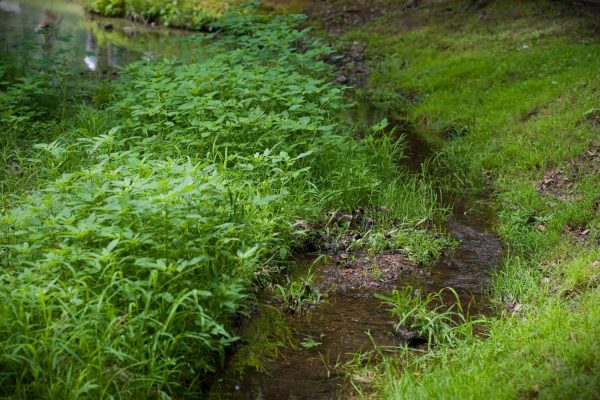Setting: a group of families at a home or on retreat
1. Create a space for mothers to meet as a group and share with each other what they appreciate about being a mother and what energizes them in this role
2. While mothers are meeting, have children share or create a collage of thoughts about what they most like and appreciate about their mothers
3. Have the groups re-congregate together and create a circle
4. Have a father or other adult present share/present the children’s thoughts
5. Have another father or adult offer a misheberakh. Here is one example:
Mi Shebeirakh imoteinu Sarah, Rivka, Rachel, Leah, Bilhah, Ve-Zilpah. May the one who blessed our ancestors bless all the mothers who are with us today. As you care for and nourish your children, may you too feel nourished by the Source of Life. May you not be alone in this important work of mothering, but may you always feel connected to broader networks of support. And, even amidst the challenges you face, may you be pleased with ma’aseh yadeykhen, the work of your hands and minds, knowing that you are helping to build a more whole world through your efforts. And let us say Amen!
(Close with a song relating to women or gratitude)











